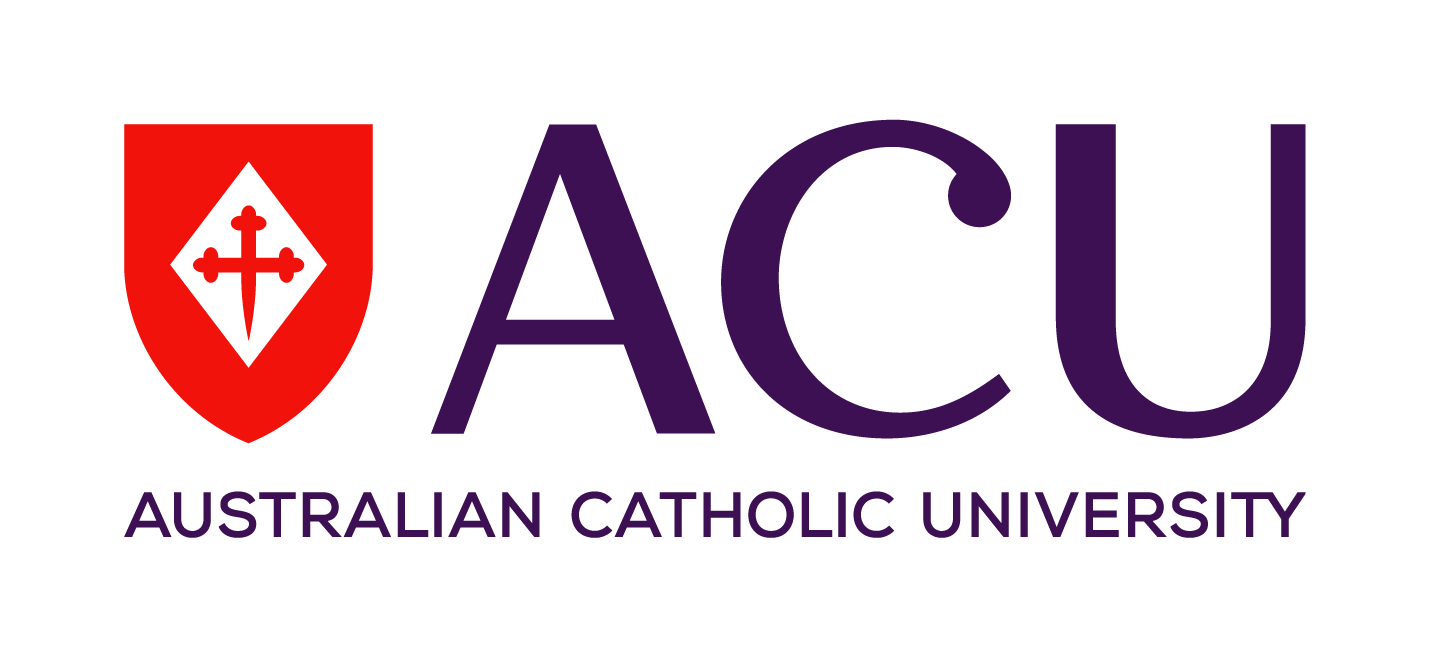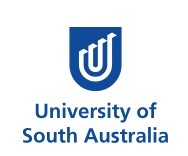
Bachelor of Business (Economics, Finance and Trade) (Pathway to Master of Finance (Financial Planning))


Entry Requirement
3 YEAR(S) FULL-TIME
NO
AUD$ 36,100 PER ANNUM
FEBRUARY JULY
Overview
English language entry requirements
> In addition, international students who speak English as a foreign language must have obtained one of the following standards within the last two years prior to admission. Possession of one or more of these qualifications, in addition to the academic entry requirements, does not, in itself, guarantee a place at the University of South Australia. Applications are considered on an individual basis and selection is competitive. Where previous study/work experience was conducted in English, the application must be accompanied by certified documentation from the educational institution/employer certifying that the language of instruction/employment was English.
English language test
> IELTS total [6.0]
> IELTS reading [6.0]
> IELTS writing [6.0]
> Admission Requirement-2.61
Inquire Now
Degree overview
- Complete a business undergraduate and postgraduate finance degree in just four years through our Fast-track to Masters program.
- Graduate with a highly diverse skill-set and broader career opportunities.
- Gain real-world experience through an industry internship, a mentorship opportunity or an overseas study tour.
- Develop an in-depth understanding of the global business environment with a focus on national and international economies, public policies, economic exchange and global trade activities.
- Both on campus and mixed mode study options are available, providing you with flexibility throughout your studies.
- Engage with simulated financial markets in our state-of-the-art Iress Trading Room on campus, which includes a market data feed and trading tools – the same technology used by the world's leading banks and investment firms.
- Develop career-ready skills employers are looking for once you graduate, with enterprise skills embedded in all business courses.
- Study one of the first master’s degrees in Australia recognised as an approved program by Financial Adviser Standards, The Treasury1.
- Develop advanced skills in leadership, strategy and decision making.
- UniSA Business is accredited by both AACSB International and EFMD (EQUIS) – the world’s leading accreditation bodies.
- Join a university ranked No.1 in South Australia for Business and Economics2.
- Study at a university recognised globally in Business. UniSA Business is in the top one per cent worldwide and has been awarded an overall five stars for excellence3.
- Study at a Top 5 business school in Australia for quality4.
Career outcomes
Your career
- As the No.1 university in South Australia for graduate careers in Business and Management1, our quality teaching and experiences beyond the classroom will ensure you graduate career-ready.
- You could consider careers such as:
- Business adviser: working with new or established businesses; analysing business plans and financial statements; advising on investments, marketing, funding and financial trends; understanding consumer needs and how to improve profitability.
- Business development manager: driving the work of teams to run an organisation efficiently; coordinating several business units, managing resourcing, budgets and operations.
- Economist: using data and modelling techniques to provide specialist advice to consumers, business and governments on particular economic, business and policy-related issues; analysing data for interpreting and forecasting consumer business trends; using economic information to inform business decision-making within a global business environment.
- Investment adviser/Financial risk analyst: providing advice within organisations on investment decisions and strategies; identifying and assessing potential financial risks at the organisational and industry sector level.
- Market research analyst: collecting and analysing data for clients on market conditions, consumer behaviour and business competitors; using data analysis for business forecasting and interpreting consumer trends and informing on alternative business strategies.
- Policy adviser: analysing policies and their effects to provide advice and guidance to governments and organisations; offering strategic policy and planning advice on programs and operations; reviewing, developing, and implementing policies and strategies.
- Policy analyst: analysing a range of economic and social issues and formulating and evaluating policies in addressing these issues; analysing on behalf of business or government proposed policy interventions and its potential impact at the individual, business and societal level.
- Trade and investment adviser: providing technical assistance to Trade and Investment institutions to increase their exports and local and foreign investments.
- Client relationship manager: proactively engage clients by providing high value, holistic and strategic financial advice; identify opportunities to build new client relationships and strengthen existing ones; research the latest products and regulations; and focus on delivering a high-quality customer experience.
- Estate planner: provide clients with legal, financial and accounting advice to ensure long term financial protection of their estate during life and post-mortem; help ensure any assets are dispersed according to the wishes of the deceased in an effective way; and develop estate plans which may include preparing wills, life insurance, family trusts and manage tax implications for beneficiaries.
- Insurance broker: research and review available finance and insurance products to meet client requirements; arrange insurance, home loan mortgages and other types of finance for clients through banks, lenders, financiers and insurance companies; help clients understand insurance policy conditions, risks, premium rates and benefits; prepare reports for underwriters and liaise with other insurance professionals.
- Qualified financial planner or adviser: help clients to meet short-term and long-term financial goals; assist with legal and financial documents, financial laws and regulatory requirements; provide advice on personal investments and security planning, estate planning, tax planning, employee benefits planning and insurance planning; and deliver a high-quality customer experience.
- Superannuation consultant: provide compliant financial advice in areas such as personal and business superannuation, retirement income stream products, pensions rollovers and annuities; interpret new legislation changes and consider the impact of those changes on the portfolio of funds, help clients understand merits of Self-Managed Superannuation Funds (SMSF), and develop retirement plan strategies.
- Wealth manager: deliver holistic wealth management strategies and plans to help clients grow and sustain long-term financial goals; provide services across a range of areas including financial planning, investment management, and financial advice on pensions, trusts, inheritances, estate planning, retirement planning, and tax bands; and possess knowledge of software solutions and key platforms in the industry.
Popular Courses
Find your perfect course
Head Office
Kamaladi, Kathmandu
Tel: +977 14542781, 9845566225
E-mail: info@landmarkedu.com
Sydney office
46 Macquarie Street,
Parramatta, NSW
Tel: +61 415 122 814
Branch office
Tel: 056-590825
Tel: 021-590828
Tel: 977-71-591694




